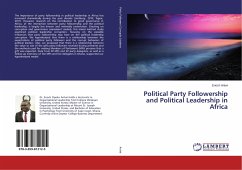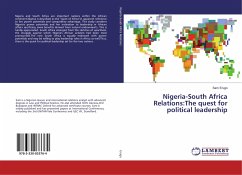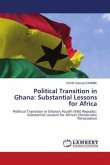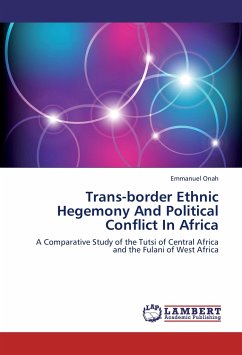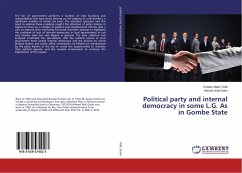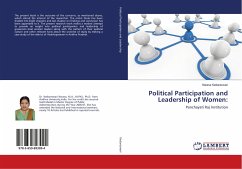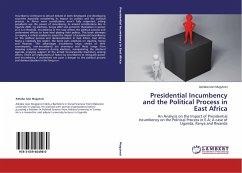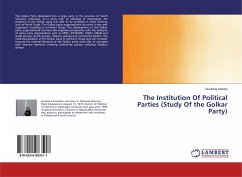The importance of party followership in political leadership in Africa has increased dramatically during the past decade (Lindberg, 2010; Tagoe, 2011). However, research on the contribution to good governance in Africa, of the interaction between party followership and the political leadership, is largely less known and minimally undertaken. Drawing on corruption and governance assessment models, this mixed method study examined political leadership corruption, focusing on the possible influences that party followership may have on the political leadership corruption. We hypothesized that there is a relationship between the expectations of political party followers and the corrupt behaviors of political leaders. Also, we proposed that there is a relationship between the value or size of the gifts party followers received during primaries and the methods used for making Members of Parliament (MPs) perceive that a gift was expected. Data from 92 MPs and 92 party delegates, as well as a follow-up interview of five MPs and five delegates in Ghana, supported our hypothesized model.
Hinweis: Dieser Artikel kann nur an eine deutsche Lieferadresse ausgeliefert werden.
Hinweis: Dieser Artikel kann nur an eine deutsche Lieferadresse ausgeliefert werden.

